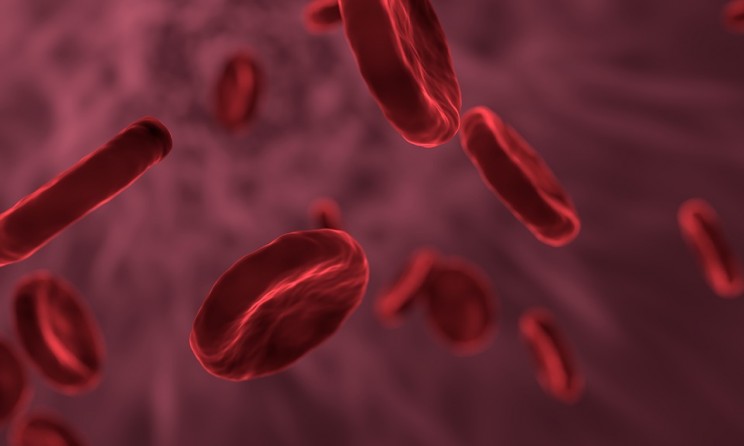
A new vaccine to fight against HIV is giving medical professionals a bit of optimism, thanks to new research from Harvard. The HIV vaccine has produced an favorable immune system response when tested on 393 people, according to the Lancet.
The human trials came from 12 clinics throughout the world, including South Africa, east Africa, the United States and Thailand. The participants all underwent a double-blind, random, placebo-controlled trial of what’s being called the ‘mosaic’ vaccine. The participants were all between the ages of 18 to 50 who didn’t have HIV and were healthy. They got four vaccinations over the span of 48 weeks.
All vaccine combinations were found to be safe while also producing the anti-HIV response.
In addition to the human trials, the vaccine showed a promising response in 72 rhesus monkeys.
“I would say that we are pleased with these data so far, but we have to interpret the data cautiously,” said study co-author Dr. Dan H. Barouch, a principal investigator on the study, a professor of medicine at Harvard Medical School and the director of the Center for Virology and Vaccine Research. “We have to acknowledge that developing an HIV vaccine is an unprecedented challenge, and we will not know for sure whether this vaccine will protect humans.”
This success means the vaccine can move forward with testing. This includes testing the drug on a much larger group of people. To date, it’s only one of five experimental HIV-1 vaccine concepts to make it this far in almost four decades of the HIV pandemic.
Over 37 million people live with HIV or AIDS around the world. There are nearly 2 million new cases of the virus each year. While researchers continue to expand what they know about the virus and how it functions, a long-term solution and cure remain out of reach.
Other researchers caution seeing this vaccine as the final solution to the virus. They note that the ability to induce an HIV-specific immune response doesn’t mean that it will prevent humans from getting HIV itself.
“It’s a very interesting study. Obviously, the search for an HIV vaccine is very elusive,” said Dr. Carlos del Rio, who was not involved with the study but has done similar research as the co-principal investigator of the Emory-CDC HIV Clinical Trials Unit. del Rio spoke with CNN about the vaccine. His unit is one of the 37 clinical trial units involved with the NIH’s HIV/AIDS expansive research network.
“Despite all the advances we have had with HIV, we need a vaccine. It is critical, and this new vaccine, while there is a long way to go, it is nice to see robust evidence to move on to the next phase of testing.”
That next phase of testing could start as early as this fall in southern Africa. There are other vaccines also being tested, and only one vaccine has ever shown evidence of protection against HIV. The vaccine, tested in Thailand, lowered the rate of infection by 31 percent. However, that number was considered too low for putting it into common, public use.

